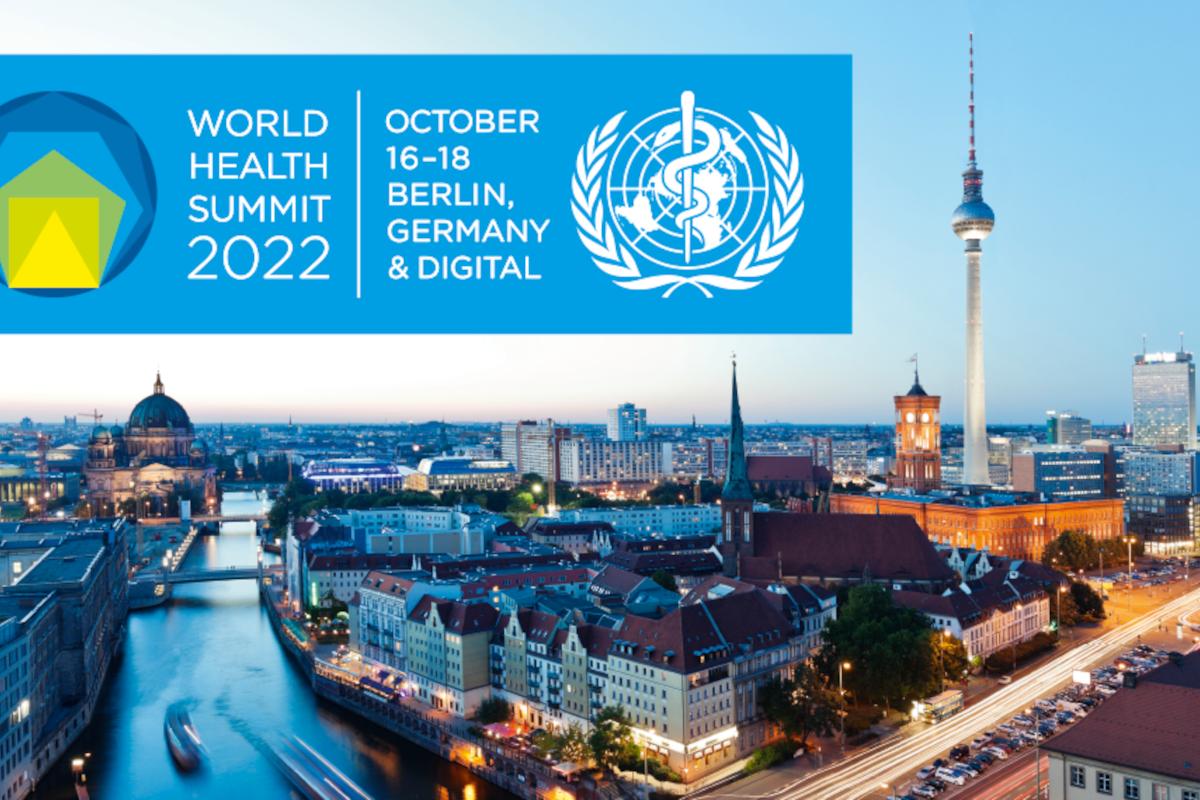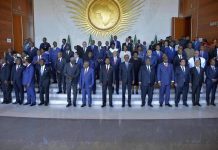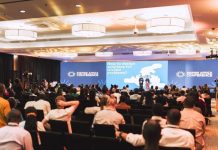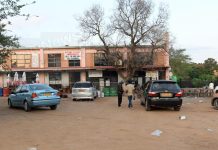Africa-Press – Botswana. The World Health Summit started yesterday in Berlin, between calls to place health at the top of global priorities and alerts to continue the fight against malaria and polio, while attention is focused on Covid-19.
“Health is not a cost, it is an investment”, underlined the director-general of the World Health Organization (WHO), Ethiopian Tedros Adhanom Ghebreyesus, at the opening ceremony of a summit that runs until Wednesday and is considered the largest international event of this scope in 2022.
The impact of the new coronavirus pandemic, on a health, social and economic scale, must be used “to raise health to the highest level” in the set of priorities in the political sphere and also in investment, public or private, said the representative.
There has to be a “generational commitment” so that, in the end, health expenditures are considered as an “investment”, added the director-general of the WHO, an agency that is part of the United Nations system.
The Covid-19 pandemic revealed “the vulnerability” to which the world remains exposed, both the most developed and the ones that still do not have “adequate and equitable access to the vaccine”, he recalled.
It is not, however, according to what was focused at the start of the summit, the only one of the vulnerabilities that continue to affect the world population in terms of health, because the task of eradicating polio in the less industrialized world is still pending.
The fight against polio will occupy the sessions of the so-called conference of donors against this disease, which aims to raise 4,800 million euros over the next four years.
In a message addressed to the summit, US billionaire and patron Bill Gates announced a donation of up to €1,200 million to the fund against polio, a disease that continues to wreak havoc in Pakistan and Afghanistan.
“The eradication of poliomyelitis is within our reach. But the disease remains a threat”, said the patron, co-chair of the Bill and Melinda Gates Foundation, in a videoconference intervention at the start of the world health summit.
The amount will be donated to the Global Initiative for the Eradication of Poliomyelitis, a public-private partnership, whose objective is to definitively end by 2026 with polio, against which there is a vaccine.
This highly contagious disease, which invades the nervous system and can cause permanent paralysis, most often affects children under the age of five.
Since its launch in 1988, the initiative has helped reduce polio cases by more than 99 percent worldwide and prevented more than 20 million cases of paralysis, the foundation said in a statement.
Pakistan and Afghanistan are the only two countries where wild poliovirus, the best-known form of the virus, remains endemic.
But two African countries, Malawi and Mozambique, have recorded cases of wild polio imported into their territory this year.
The German Chancellor, Olaf Scholz, also referred to the fight against poliomyelitis in his greeting message at the beginning of the meeting’s work, asking that these diseases that, for the industrialized world, have already been overcome, are not “out of focus”, having announced a contribution of 35 million euros to that global fund.
The Covid-19 pandemic has revealed the importance of “following the advice of scientists,” Scholz continued.
These, stressed the German leader, reacted and managed to develop vaccines to combat it “in an incredibly short time”, which shows the “imperative need” to invest in research, as well as in health.
On behalf of the European Commission, the Director-General for Health and Food Safety, Sandra Gallina, spoke, recalling that the fight for global health involves fighting inequalities and eradicating poverty.
For More News And Analysis About Botswana Follow Africa-Press






